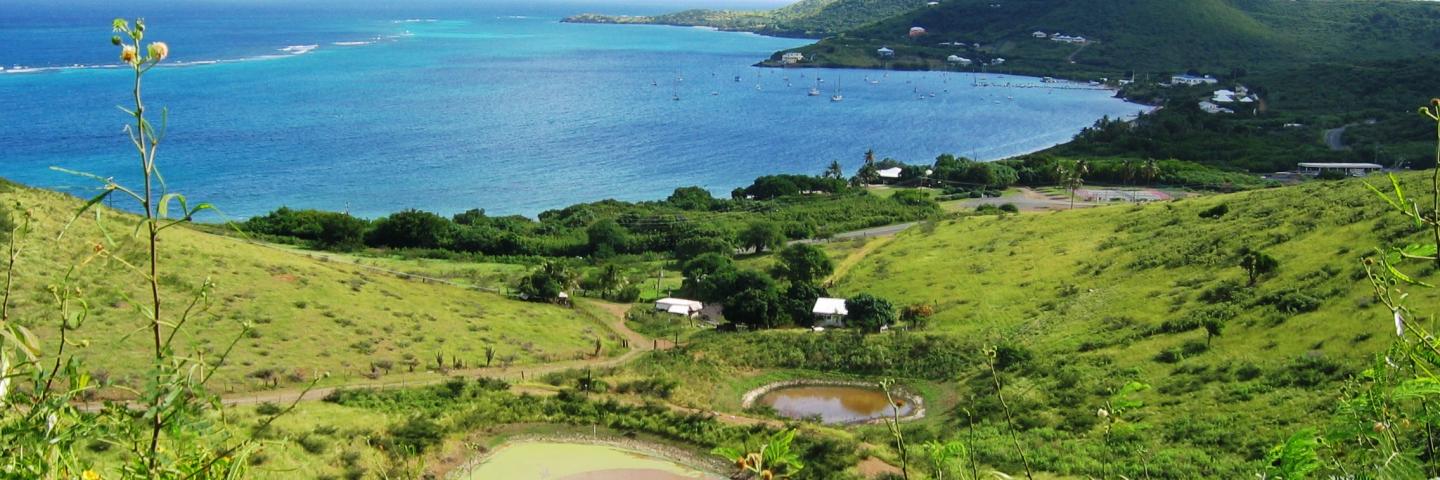
NRCS uses Landscape Conservation Initiatives to accelerate the benefits of voluntary conservation programs, such as cleaner water and air, healthier soil and enhanced wildlife habitat.
Landscape initiatives enhance the locally driven process to better address regionally important conservation goals that transcend localities. They build on locally led efforts and partnerships, and they’re based on science. Through these initiatives, NRCS and our partners coordinate the delivery of assistance where it can have the most impact. Where applicable, we work with regulators to help producers get predictability for their use of voluntary conservation systems or practices, giving them peace of mind they can sustain agricultural production in the future.
Caribbean Landscape Initiatives
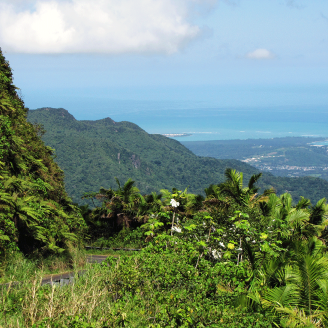
Joint Chiefs Landscape Restoration Partnership
Through the Joint Chiefs’ Landscape Restoration Partnership Initiative, NRCS, the US Forest Service, and the US Fish & Wildlife Service work together to target conservation and restoration to improve the health and resiliency of forest ecosystems where public and private lands meet.

National Water Quality Initiative
NRCS offers technical and financial assistance through the National Water Quality Initiative to farmers, ranchers and private forest landowners interested in improving water quality and aquatic habitats in priority watersheds with impaired streams. We help farmers and forest landowners apply conservation and management practices through a systems approach to control and trap sediment, nutrients and organic runoff.
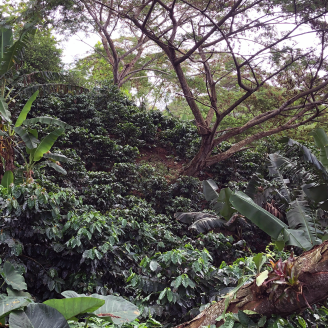
Shade Coffee Initiative
NRCS Caribbean is helping Puerto Rico’s coffee farmers to convert their sun-grown coffee plantations to shade-grown coffee to protect, enhance and conserve soil, water and wildlife habitat. The Shade-Grown Coffee Initiative is a partnership between NRCS, the U.S. Fish and Wildlife Service (USFWS) and NGOs.
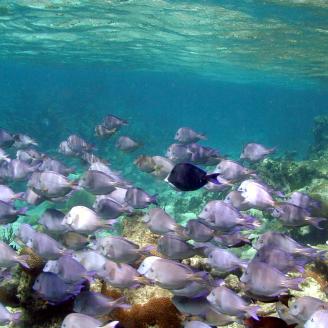
Coral Reef Conservation Initiative
Puerto Rico and the US Virgin Islands are surrounded by exceptional coral reef ecosystems. However, natural and man induced activities have caused adverse impacts to our reefs including sedimentation, eutrophication, and pollution. NRCS Caribbean is an active participant in the U.S. Coral Reef Task Force's Puerto Rico and Virgin Islands Working Groups, helping local and federal agency representatives to develop and implement local action strategies to address pollution from agricultural activities and land development.
Learn more about our coral reef conservation projects >
Additional Information
More Conservation News
Visit Farmers.gov to get the latest news and updates from the blog.
Watch the Videos
Browse the collection of videos showcasing the Landscape Conservation Initiatives, from improving water quality to helping restoring pollinators to your farm.
Ready to get started?
Contact your local service center to start your application.
How to Get Assistance
Do you farm or ranch and want to make improvements to the land that you own or lease?
Natural Resources Conservation Service offers technical and financial assistance to help farmers, ranchers and forest landowners.
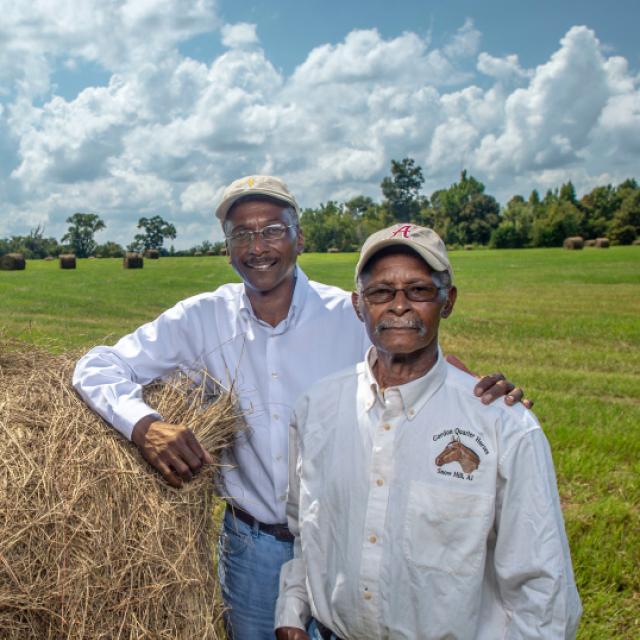
To get started with NRCS, we recommend you stop by your local NRCS field office. We’ll discuss your vision for your land.
NRCS provides landowners with free technical assistance, or advice, for their land. Common technical assistance includes: resource assessment, practice design and resource monitoring. Your conservation planner will help you determine if financial assistance is right for you.
We’ll walk you through the application process. To get started on applying for financial assistance, we’ll work with you:
- To fill out an AD 1026, which ensures a conservation plan is in place before lands with highly erodible soils are farmed. It also ensures that identified wetland areas are protected.
- To meet other eligibility certifications.
Once complete, we’ll work with you on the application, or CPA 1200.
Applications for most programs are accepted on a continuous basis, but they’re considered for funding in different ranking periods. Be sure to ask your local NRCS district conservationist about the deadline for the ranking period to ensure you turn in your application in time.
As part of the application process, we’ll check to see if you are eligible. To do this, you’ll need to bring:
- An official tax ID (Social Security number or an employer ID)
- A property deed or lease agreement to show you have control of the property; and
- A farm number.
If you don’t have a farm number, you can get one from USDA’s Farm Service Agency. Typically, the local FSA office is located in the same building as the local NRCS office. You only need a farm number if you’re interested in financial assistance.
NRCS will take a look at the applications and rank them according to local resource concerns, the amount of conservation benefits the work will provide and the needs of applicants. View Application Ranking Dates by State.
If you’re selected, you can choose whether to sign the contract for the work to be done.
Once you sign the contract, you’ll be provided standards and specifications for completing the practice or practices, and then you will have a specified amount of time to implement. Once the work is implemented and inspected, you’ll be paid the rate of compensation for the work if it meets NRCS standards and specifications.

